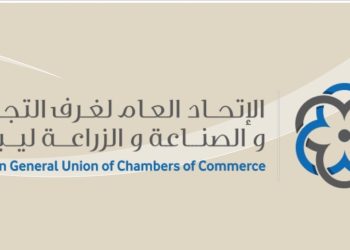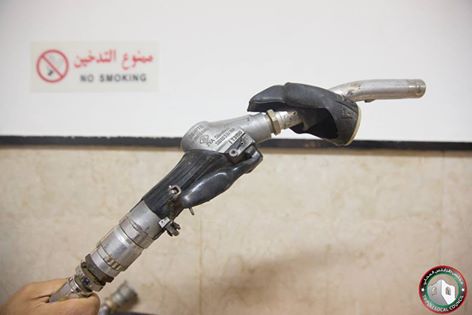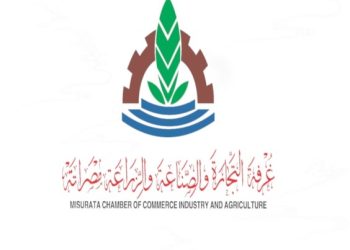By Sami Zaptia.

London, 24 February 2021:
The Tripoli Central Bank of Libya (CBL) has adjusted its regulations to allow for the opening of Letters of Credit (LC) for goods imported through land borders.
The new regulation is for the import of: [restrict paid=”true”]
- Raw materials for factories originating from neighbouring countries.
- Fertilized eggs.
- Livestock from Chad, Niger and Sudan.
Analysis: Rationale and drawbacks
It will be recalled that previously the Tripoli-based Libyan government and the Tripoli CBL had prohibited the opening of LCs for goods imported through the country’s land borders.
Moreover, on and off, it had refused to clear goods arriving at ports imported without the opening of an LC.
Importing goods into Libya through an LC means that the hard currency purchased to pay for it was conducted through a Libyan bank. The hard currency used for imports without an LC are usually paid for by hard currency purchased on the black-market or deposits abroad.
The Tripoli government has previously been forced into reversing this decision with regards to goods arriving at ports from time to time.
These reversals were to prevent the destruction of goods imported outside the official channel and were to prevent losses to traders, waste Libya’s fast dwindling hard currency resources and reduce congestion at ports.
CBL restricted list of importable goods through LCs
The problem with the official LCs is that the CBL has taken it upon itself to draw up a list of what it sees as necessary goods and products for which LCs can be opened. The CBL sees this as part of its effort to preserve Libya’s diminishing hard currency reserves in view of the country’s economic crisis.
Libya’s budget has been operating on a deficit for years made up through CBL loans. The deficit had been caused by Libya’s politically motivated oil closures and the crash in international crude oil prices.
An attempt to solve the cash crisis
The CBL had also used the implement of official LCs, by insisting a proportion of LCs is paid for in cash not by cheque or bank transfer, to force Libyan importers to get their cash hidden in their homes out into circulation. This, they hoped, would help reduce the country’s cash crisis.
As a result of the loss of confidence by the public in the Libyan authorities, Libyans have been hoarding their cash at home. This has left the banks dry.
Reduce the price of hard currency on the black-market
Nevertheless, the imposition of restrictions on what goods can be imported leaves a raft of goods that cannot be imported through LCs. This gap has been filled by the nimble private sector who buy hard currency on the black-market (or who have hard currency abroad) to meet demand for goods off the official LC list.
Inflation, prices and cost of living
Hence, allowing goods to be imported outside the LC system creates demand for hard currency on the black-market. This helps push up the price of hard currency which has a knock-on effect on inflation, prices, cost and standard of living.
Small business and grey economy
There are many small Libyan businesses operating in the grey economy who also prefer to import goods using cash. That way they avoid the taxman and the red tape and bureaucracy of opening LCs. There are also accusations of corruption by bank officials in facilitating the opening of LCs. Libyan banks are accused of preferring to open LCs to large companies.
For example, Tunisian and Egyptian SME exporters and farmers engage in instant cross-border trade, especially for seasonal fruit and vegetables. These type of farmer exporters are used to the traditional cash-based transactions, reacting to the farming season and instant demand from Libya based on phone calls as prices in Libya become favourable. Often, they drive over the border with unsold goods hoping to sell them after they enter Libya. [/restrict]
Tripoli Libyan government reverses decision on imports needing LCs | (libyaherald.com)







